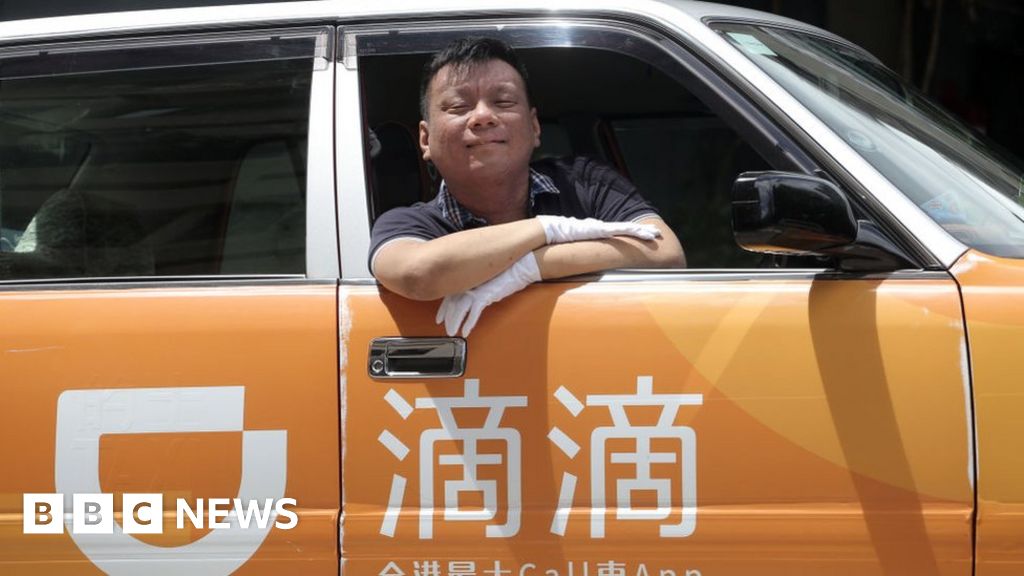image credit: Reuters Didi Global, a Chinese ride-hailing company, closed its maiden day on the New York Stock Exchange with a market capitalization of $68.49 billion (£49.6 billion). That’s despite the fact that its stock ended the day just 1% higher than its $14 offering price, after reversing earlier big gains. Since Alibaba’s debut in 2014, it was the largest Chinese business to list in the United States. In its initial public offering, China’s answer to Uber raised $4.4 billion (IPO). It is the latest in a long line of Chinese corporations to profit from the rising stock market in the United States. China’s ride-hailing behemoth plans to go public in the United States. China’s ride-hailing behemoth is the subject of a ‘competition investigation.’ A million robotaxis is the goal of an Apple-backed company. According to financial markets data provider Refinitiv, 29 Chinese companies raised $7.6 billion in IPOs in the first half of the year. Despite years of tensions between Washington and Beijing, as well as concerns voiced by US regulators about the financial reporting of some Chinese companies, this is the case. According to a Reuters story from March, Didi had planned for a worth of up to $100 billion. Those expectations were alleged to have been lowered when possible investors expressed worries about the firm’s expansion plans’ speed and profitability. Didi had been losing money, like the rest of ride-hailing systems, until it announced a $30 million profit in the first three months of this year. As a result of the pandemic, it reported a $1.6 billion yearly deficit in 2020. image courtesy of Getty Images Didi was reported to be under investigation by China’s market watchdog in June of this year. According to Reuters, the State Administration for Market Regulation was looking into whether it was unfairly pushing out smaller competitors. Beijing has begun tightening the reins on China’s tech behemoths, such as Alibaba and Tencent. Cheng Wei, the company’s creator, said he got the idea to start a ride-hailing platform in 2012 after struggling to find a taxi on a cold night in Beijing. Due to a dual-class share structure prevalent among technology companies, Mr Cheng will own a 6.5 percent investment in the company while having 35.5 percent voting power. With a stake of more over 20% in Didi, Japan’s SoftBank is the company’s largest single investor. Alibaba and Tencent, two Chinese technological behemoths, are also on board. As a result of Didi’s acquisition of Uber China in 2016, Uber now owns 12% of the company. The gig economy is a type of economy in which people work China Stock exchanges/n
Read MoreDidi: Chinese ride-hailing giant makes $68bn US debut
2021-07-01T04:04:16-04:00July 1st, 2021|





